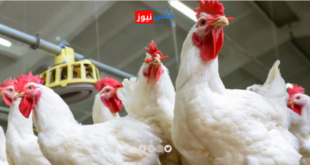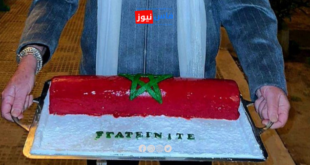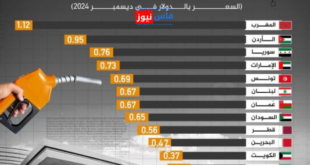In a significant move to address the issue of stray dogs, the Kingdom of Morocco has announced the adoption of a new strategy based on the “Trap-Neuter-Release” methodology. This strategy aims to vaccinate and sterilize dogs before releasing them, contributing to controlling their numbers in a humane and effective manner.
The plan includes establishing veterinary clinics throughout the kingdom, as well as developing a national information system to monitor and track this process. The Moroccan government has allocated a budget of 80 million dirhams to implement this ambitious project.
This decision comes in response to growing concerns about the spread of stray dogs in Moroccan cities and villages, and the associated health and security risks. The strategy is expected to contribute to improving public health and citizen safety while ensuring humane treatment of animals.
This initiative is considered an advanced step in the field of animal welfare and public health, combining scientific and humanitarian solutions to address the problem of stray dogs. It also reflects Morocco’s commitment to adopting modern and sustainable methods in dealing with environmental and health challenges.
The implementation of this strategy is expected to begin in the near future, with the possibility of expanding it to include other areas in the kingdom based on its initial success.
This comprehensive approach demonstrates Morocco’s proactive stance in tackling urban and rural challenges, balancing public safety concerns with animal welfare considerations. The substantial financial investment and the nationwide scope of the project underscore the government’s seriousness in addressing this long-standing issue.
 فاس نيوز ميديا جريدة الكترونية جهوية تعنى بشؤون و أخبار جهة فاس مكناس – متجددة على مدار الساعة
فاس نيوز ميديا جريدة الكترونية جهوية تعنى بشؤون و أخبار جهة فاس مكناس – متجددة على مدار الساعة













